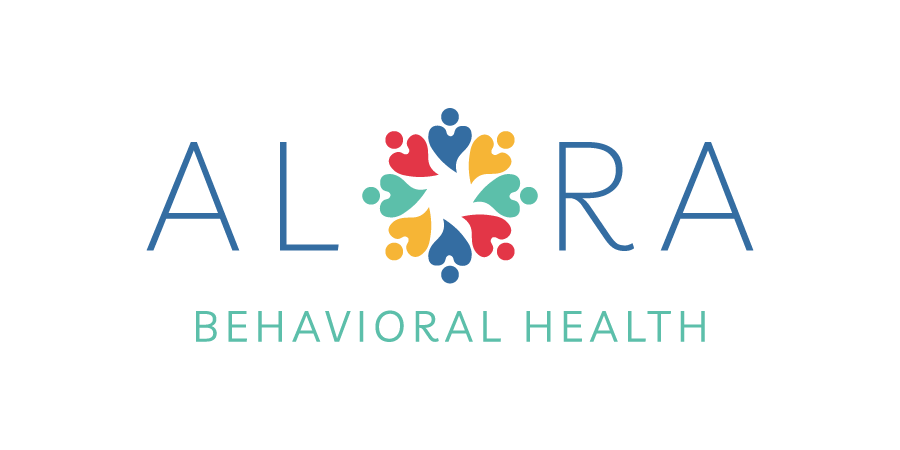Receiving a diagnosis for your child can be a scary and overwhelming experience for any parent. It can be challenging to know how to move forward and support your child in the best way possible. However, with the right mindset and tools, you can help your child thrive despite their diagnosis. In this blog post, we’ll share some tips for parents of a newly diagnosed child.
Educate Yourself: The first step in supporting your child is to educate yourself about their diagnosis. Learn about the symptoms, treatments, and potential complications associated with the condition. This information can help you understand what your child is going through and what to expect as they navigate this new territory.
Connect with Support Groups: There are likely support groups in your community for parents of children with similar diagnoses. These groups can provide emotional support, as well as practical advice for managing your child’s condition. You can connect with these groups online or in person, depending on your preference.
Advocate for Your Child: As your child’s advocate, you have the responsibility to ensure they receive the best possible care. This may mean advocating for additional services or accommodations at school or seeking out alternative treatment options. Don’t be afraid to speak up and ask questions when you feel something isn’t right.
Focus on the Positive: It’s easy to get caught up in the negative aspects of your child’s diagnosis, but it’s important to focus on the positive as well. Celebrate your child’s strengths and accomplishments, and encourage them to pursue their interests and passions. This can help boost their self-esteem and promote a positive outlook.
Take Care of Yourself: Caring for a child with a chronic condition can be exhausting and stressful. It’s important to take care of yourself, too. Make time for self-care activities, such as exercise or meditation, and prioritize your own mental and emotional health. Remember that you can’t take care of your child if you’re not taking care of yourself.
Foster Independence: As your child grows, it’s important to foster their independence and help them become self-sufficient. Encourage them to take ownership of their care, such as managing their medications or communicating with their healthcare providers. This can help them feel more in control of their condition and promote a sense of empowerment.
In conclusion, receiving a diagnosis for your child can be a daunting experience, but with the right tools and mindset, you can help your child thrive. Remember to educate yourself, connect with support groups, advocate for your child, focus on the positive, take care of yourself, and foster independence. With these tips, you can help your child lead a happy and fulfilling life, despite their diagnosis.


